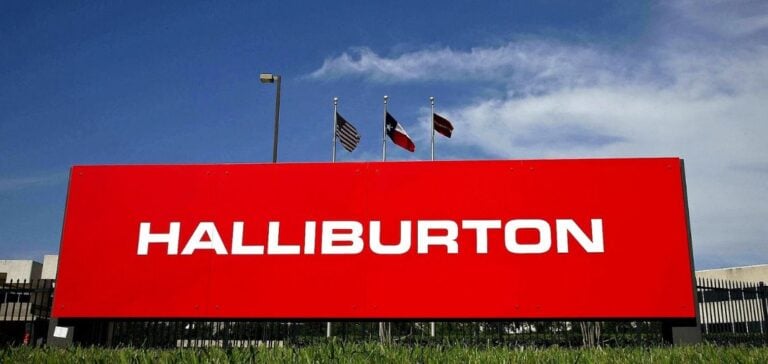Halliburton ‘s net income was down 7% on the previous year, at $609 million. However, adjusted per share and excluding exceptional items, earnings came to 76 cents, exceeding the 74 cents expected by analysts. This performance was achieved against a backdrop of 2.2% sales growth to $5.8 billion. Financial disruptions included a write-down of holdings in Argentina and the devaluation of the Egyptian pound, impacting finances to the tune of $82 million.
Robust international expansion
CEO Jeff Miller emphasized the growing importance of international business in Halliburton’s activities, with a 12% increase in this division, marking 11 consecutive quarters of growth. Latin America recorded an impressive 21% increase, thanks to operations such as drilling in Mexico, pressure pumping in Argentina, and diversified services in Brazil and Ecuador. Europe also posted solid growth of 10%, with notable projects in Norway and the Caspian Sea.
Fluctuations in the North American market
In the United States, the sector experienced a slowdown, with an 8% drop in business, particularly in pressure pumping. However, Jeff Miller noted a slight improvement on the fourth quarter of 2023, attributed to increased demand in the Gulf of Mexico for drilling and pressure pumping.
Outlook and confidence for the future
Jeff Miller expressed his confidence in continued growth thanks to Halliburton’s customers’ multi-year plans. He anticipates that these commitments will support the company’s strong growth cycle in several markets and business segments.
Despite a slight decline in net income, Halliburton has demonstrated its ability to exceed market expectations, supported by the expansion of its international activities and a slight recovery in North America.






















